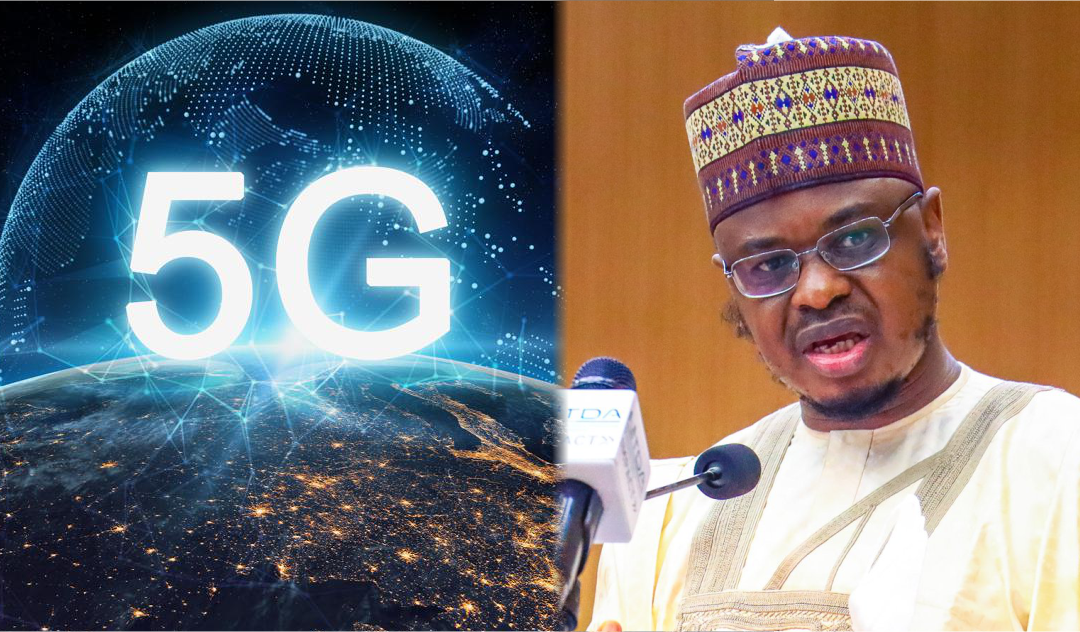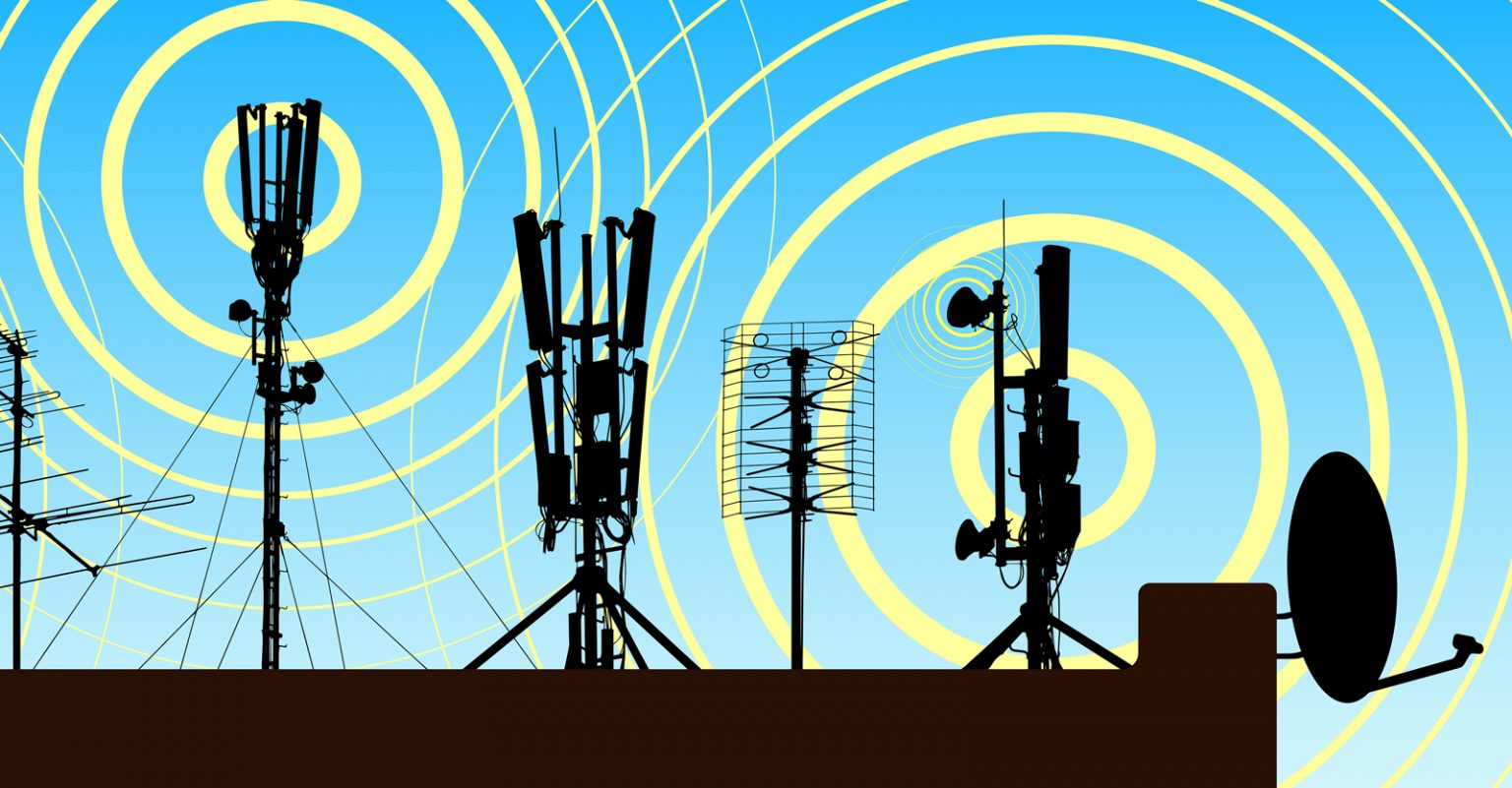While the sale of smartphones globally is expected to decline by 3.2% in 2019, the share of 5G-capable phones will increase from 10% in 2020 to 56% by 2023 and sought-after 5G performance features will encourage an upswing in the market.
This is according to the latest device forecast from Gartner, which described the smartphone decline as “the worst decline the category has seen.”
In August 2019 Gartner announced that global sales of smartphones to end users declined 1.7% in the second quarter of 2019, totalling 368 million units.
“Demand for high-end smartphones has slowed at a greater rate than demand for midrange and low-end smartphones,” said Anshul Gupta, senior research director at Gartner. “To try to boost smartphone replacements, we’ve seen manufacturers bringing premium features such as multi-lens front/back cameras, bezel-less displays and large batteries from their flagship smartphones into lower-priced models.”
The firm estimates there are over 5 billion mobile phones used around the world and after years of growth, the market has reached a tipping point.
“This is due to consumers holding onto their phones longer, given the limited attraction of new technology,” said Ranjit Atwal, senior research director at Gartner.
According to Gartner, the lifetimes of premium phones – for example, Android and iOS phones – continue to extend through 2019.
Their quality and technology features have improved significantly and have reached a level today where users see high value in their device beyond a two-year time frame, the company adds.
But consumers have reached a threshold for new technology and applications.
Atwal adds: “Unless the devices provide significant new utility, efficiency or experiences, users do not necessarily want to upgrade their phones.”
At the same time, major players in the market are eyeing the opportunity in 5G connectivity technology roll out, Gartner says, with the market expected to return to growth at 2.9% in 2020.
“The major players in the mobile phone market will look for 5G connectivity technology to boost replacements of existing 4G phones,” said Atwal. “Still, less than half of communications service providers (CSPs) globally will have launched a commercial 5G network in the next five years.”
“More than a dozen service providers have launched commercial 5G services in a handful of markets so far,” said Atwal. “To ensure smartphone sales pick up again, mobile providers are starting to emphasise 5G performance features, like faster speeds, improved network availability and enhanced security. As soon as providers better align their early performance claims for 5G with concrete plans, we expect to see 5G phones account for more than half of phone sales in 2023.”
As a result of the impact of 5G, the smartphone market is expected to return to growth at 2.9% in 2020, he said.
Gartner also references its recent IOT forecast which showed that the 5G endpoint installed base will grow 14-fold between 2020 and 2023, from 3.5 million units to 48.6 million units. By 2028, the installed base will reach 324.1 million units, although 5G will make up only 2.1% of the overall IOT endpoints.
“The inclusion of 5G technology may even be incorporated into premium ultra-mobile devices in 2020 to make them more marketable to customers,” said Atwal.

 Entertainment1 week ago
Entertainment1 week ago
 Entertainment5 days ago
Entertainment5 days ago
 Comments and Issues1 week ago
Comments and Issues1 week ago
 Comments and Issues1 week ago
Comments and Issues1 week ago
 Comments and Issues1 week ago
Comments and Issues1 week ago
 Health7 days ago
Health7 days ago
 Health3 days ago
Health3 days ago
 Football7 days ago
Football7 days ago










